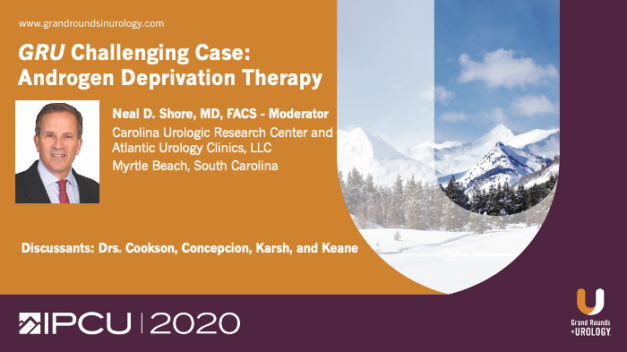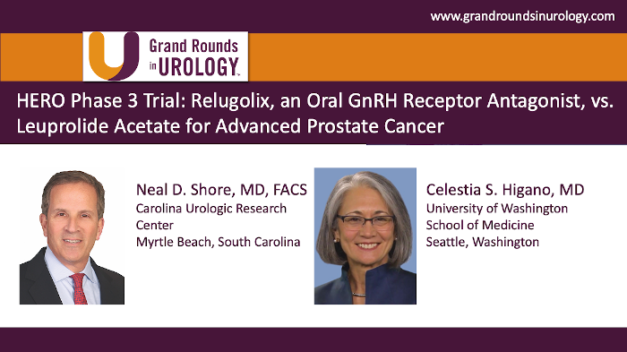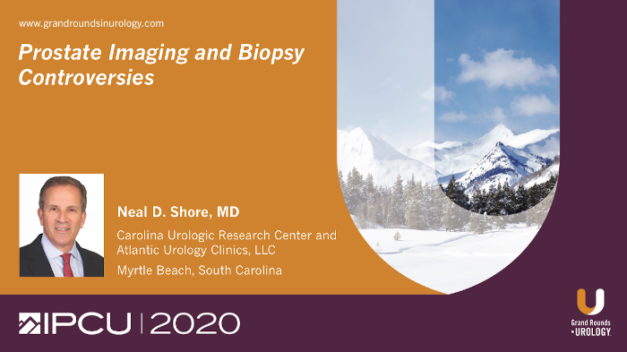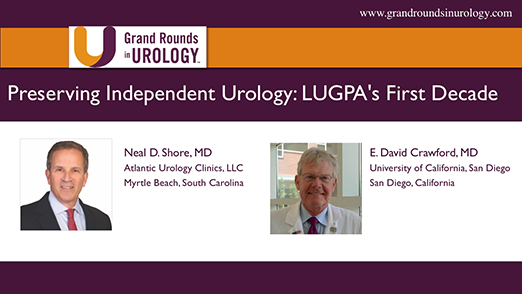GRU Challenging Case: Androgen Deprivation Therapy
Neal D. Shore, MD, FACS, Medical Director for the Carolina Urologic Research Center, discusses the physiological and economic factors impacting the ADT selection process. He particularly emphasizes the impact of the current volume-based and economically incentivized model of treatment and how this can restrict urologists. He also discusses the physiological impacts of drug-drug interactions, alternate modes of administration, and the complex prospect of an oral alternative.
Read More




